MINDFULNESS.
It's a word we've all heard, a practice many of us have tried, and a concept that seems to be everywhere these days. From meditation apps to corporate wellness programs, mindfulness has made its way into the mainstream. But with its increasing popularity, it's not uncommon to hear some say,
| "Mindfulness has become just another buzzword."
The Mindfulness Buzz
In recent years, mindfulness has undoubtedly become a buzzword. It's been integrated into various aspects of our lives, from mindfulness apps promising instant relaxation to workplaces promoting mindful productivity. It's a part of wellness routines, self-help books, and even marketing strategies. But what happens when something as profound as mindfulness is reduced to a trendy catchphrase and even monetized for profit?
Personally, even as a Yoga & Mindfulness Coach, I sometimes catch myself cringing when I hear myself say "mindfulness" often enough. This reaction has been on my mind lately that I've taken the time to explore some of the reasons and influences why this seems to be so.
The Capitalization of Mindfulness
One of the challenges mindfulness faces today is its capitalization. As mindfulness has gained popularity, it has also become a commercial industry. Mindfulness apps, workshops, and products are often marketed as quick fixes, promising stress relief and happiness for a price. This commercialization has led to concerns that the essence of mindfulness, its deep philosophical roots in ancient Eastern practices, and its spiritual aspects are being overshadowed by profit-driven motives and the promise of quick fixes and stress reduction.
The New Age Approach
Mindfulness has also found its place in the New Age movement, often associated with crystals, astrology, and a multitude of self-help concepts. While these practices can be meaningful given the right approach, training, and perspective, some would say that the incorporation of mindfulness into this space has raised questions about its authenticity and purpose.
Some criticisms include incorporating mindfulness practices in expensive workshops by adding mysticism while others include offering superficial or oversimplified versions of mindfulness, missing the depth and subtlety of traditional practices.
The Essence of Mindfulness
But amidst the buzz and the various interpretations of mindfulness, it's essential to remember its core principles. At its heart, mindfulness is about being fully present in the moment, cultivating awareness, and embracing a non-judgmental attitude towards our thoughts and experiences. It's not a quick-fix product to be bought; it's a practice to be embraced and cultivated with time and patience.
So, how can we navigate the world of mindfulness without getting caught up in the hype? It starts with rediscovering its authentic essence. Authentic mindfulness isn't a quick fix; it's a lifelong journey. It's not about escaping reality; it's about embracing it. It's not a cure-all; it's a tool for personal growth and self-discovery.
Another thing I find myself grappling with is that the "hype" and commercialization of mindfulness just makes it run counter to it being an accessible, adaptable, inclusive, and cost-free practice. One's desire to practice it need not come from the price tag of the event they're attending or from it being a cookie-cutter practice. And it is definitely not a practice that only a few can or are privileged to do.
So if you're like me who have had these thoughts or you find yourself cringing at hearing "mindfulness", let's take a step back and breathe. Here are some things I do to root myself back in the true essence of mindfulness.
Embracing Mindfulness Mindfully
It may sound like a play on words but to truly benefit from mindfulness, it's crucial to approach it mindfully. Here are some tips:
1. Seek Authentic Sources. Explore mindfulness through reputable teachers, courses, and books that respect its origins and philosophy.
I prefer books over videos that we were intended to be consumed in one sitting. I also prefer teachers who have a balance of skepticism and faith and who are open in sharing their own struggles with mindfulness.
2. Practice Regularly. Consistency is key. Dedicate time to your mindfulness practice, whether it's through meditation, yoga, or simply being present in daily activities.
If you're starting out, start simple and don't overcomplicate. And if one of your reasons for looking into mindfulness practices is to help you regulate and stay in balance, you can get my Mindful Practice Guide for some easy to follow activities that also help jumpstart and cultivate mindfulness.
3. Be Critical and Curious. Question what you hear about mindfulness. Explore its various facets, but don't lose sight of its core principles.
Employ both intuition and reason. I like to try different activities and see how they affect me physically, mentally, and emotionally. I also check to see if there is literature behind such activity and if possible, get to the source of it. Oftentimes, mindfulness activities are shared in a way that makes sense to the sharer and may be different from the intent of the source so before incorporating it into my own practice, I like to align first with the source or creator of the activity.
4. Stay Open-Minded. Mindfulness can take many forms. Be open to different approaches, but always return to its foundational principles.
Mindfulness isn't cookie-cutter. It's also not meant to be perfect. As it's ever evolving, one person's mindfulness practice will be different from the next, even if they are teacher and student. If you're learning from a mentor or guide, try not to force yourself into becoming their replica because their practice is colored by and is intended for their life's purpose. While following their modules or instruction, be open to seeing your own practice evolve.
5. Cultivate Self-Awareness. Mindfulness is a tool for self-discovery. Use it to understand yourself better and navigate life's challenges with grace.
It's an approach to loving yourself more, to embracing your authentic self with the intention that by doing so, you become a positive force in the world. Practicing mindfulness lets you be a better person for yourself and for others.
Reflecting on it, my "cringe" comes from a desire for there to be more of the deeper explorations and conversations about mindfulness. Although I understand and appreciate the need for the many channels and entry-level conversations from which mindfulness can be known to as many people as possible. (I'm also acutely aware that I should just teach the algorithm to bring me better material to consume, ^_^)
At the end of the day, mindfulness may have become a buzzword, capitalized, and commercialized, but its essence remains powerful and transformative if one cares to explore deeper and cultivate a practice. By approaching it with mindfulness itself—by being present, open, and authentic—one can rediscover its true value and experience its profound benefits beyond the trends and commercialization that surround it. Mindfulness is not just a catchphrase; it's a path to a more mindful, intentional, and fulfilling life.
Do you feel like mindfulness has been commercialized and capitalized, too? What topics or aspects of mindfulness would you like to dive more into? Let's chat!


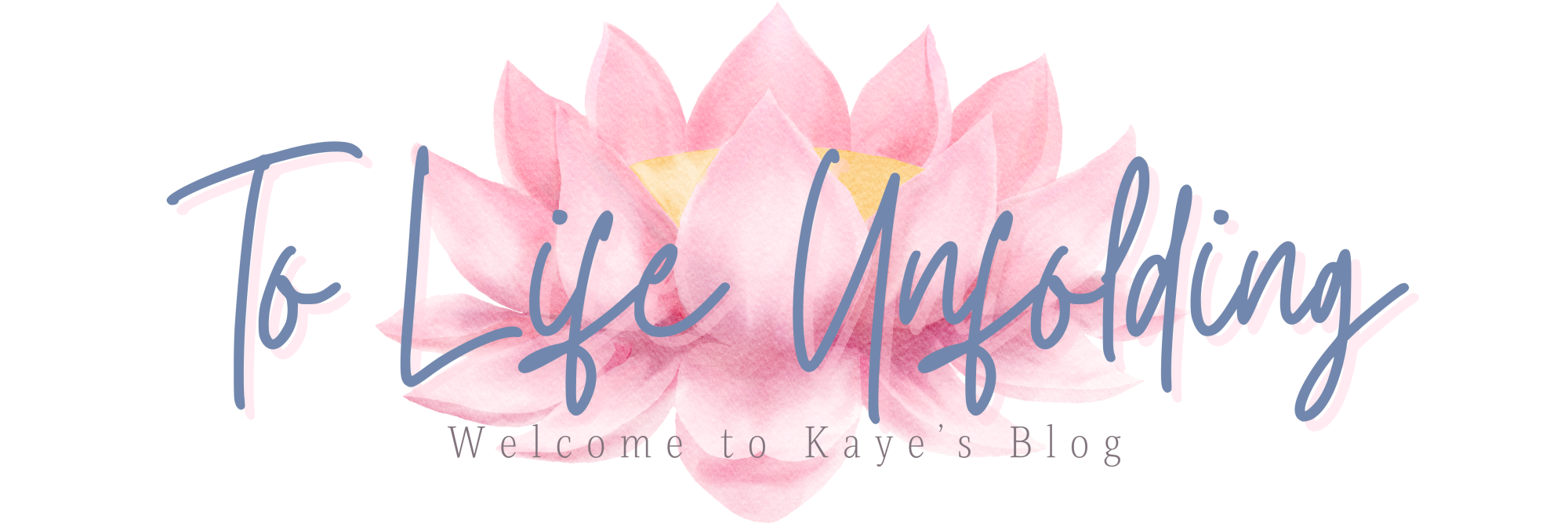
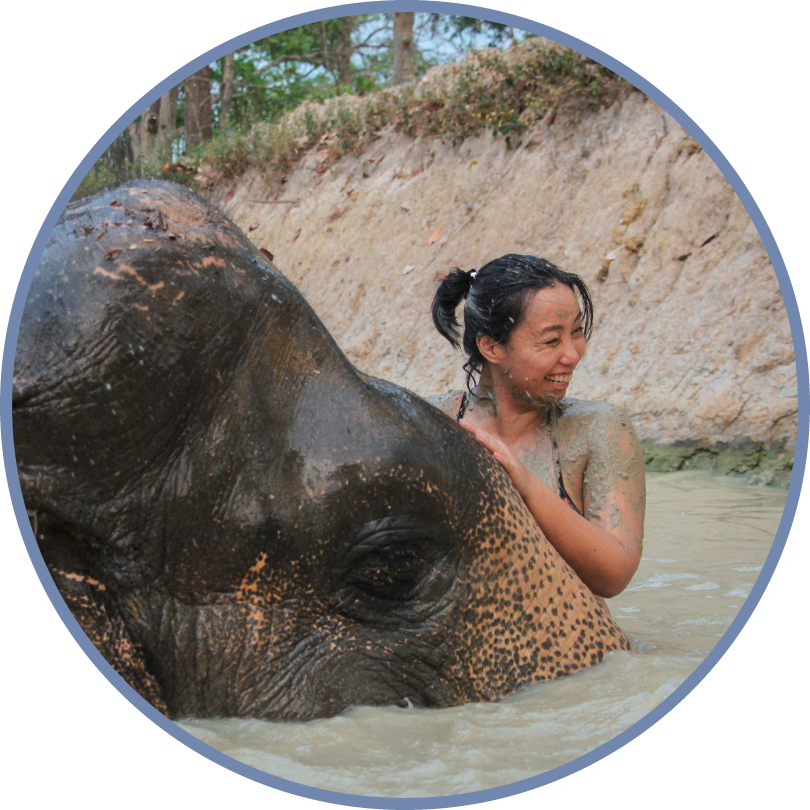
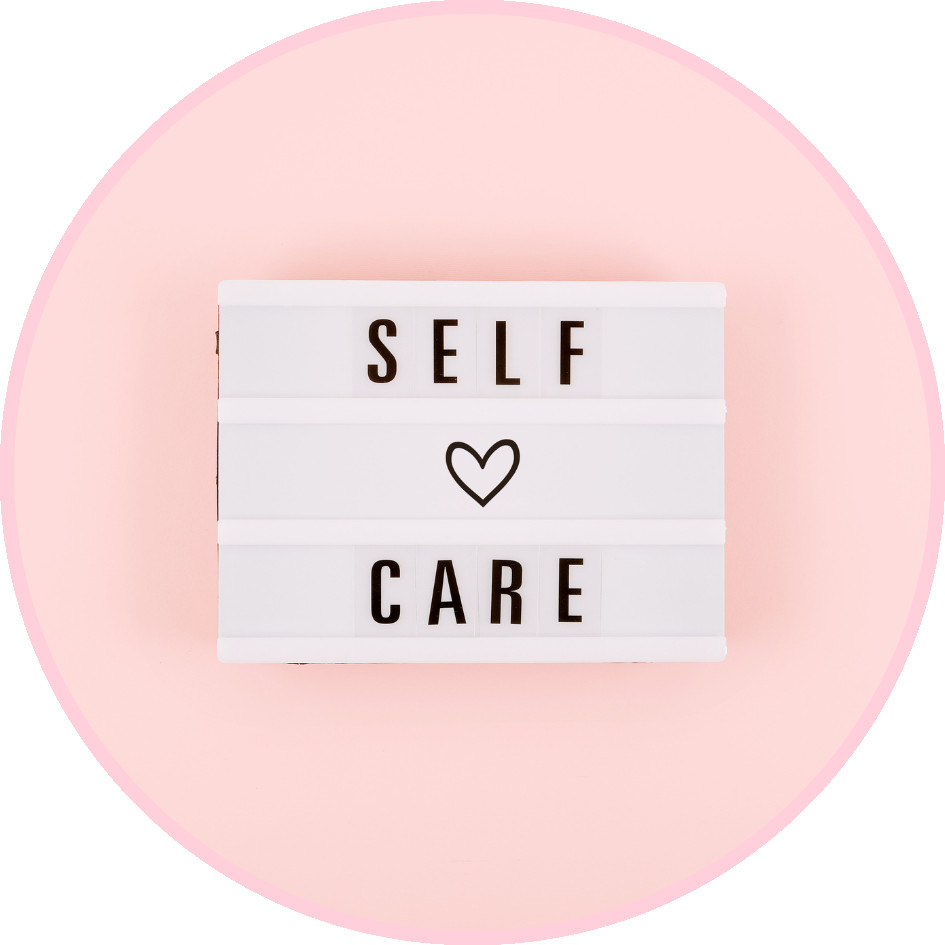
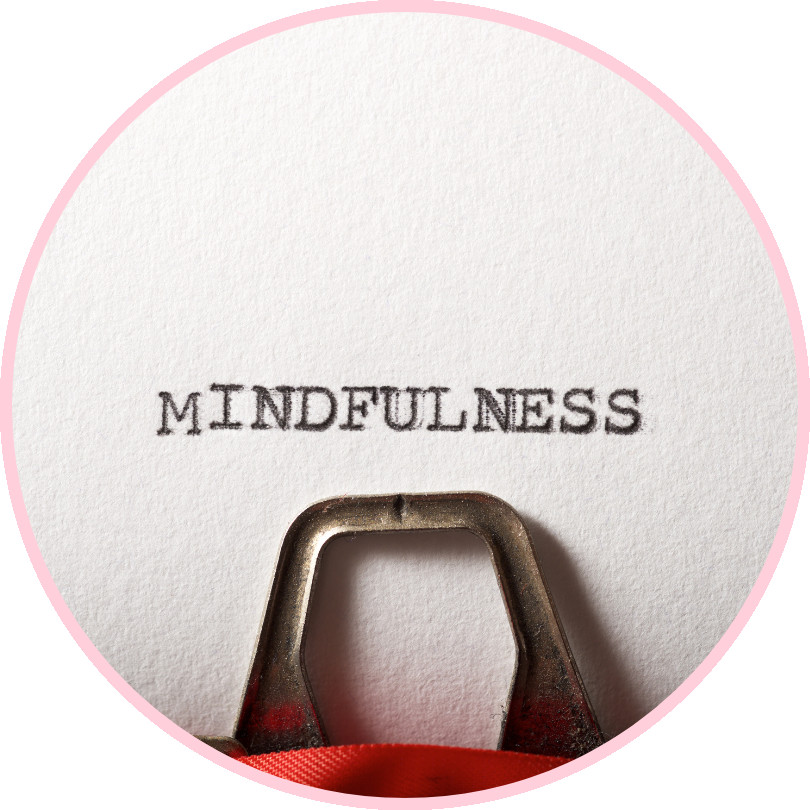
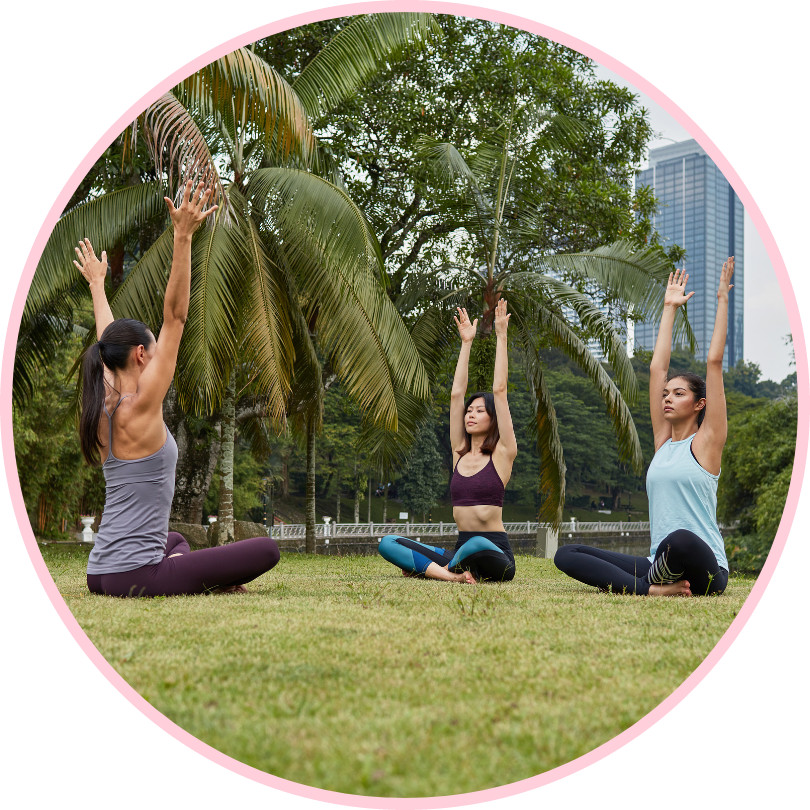



0 Comments